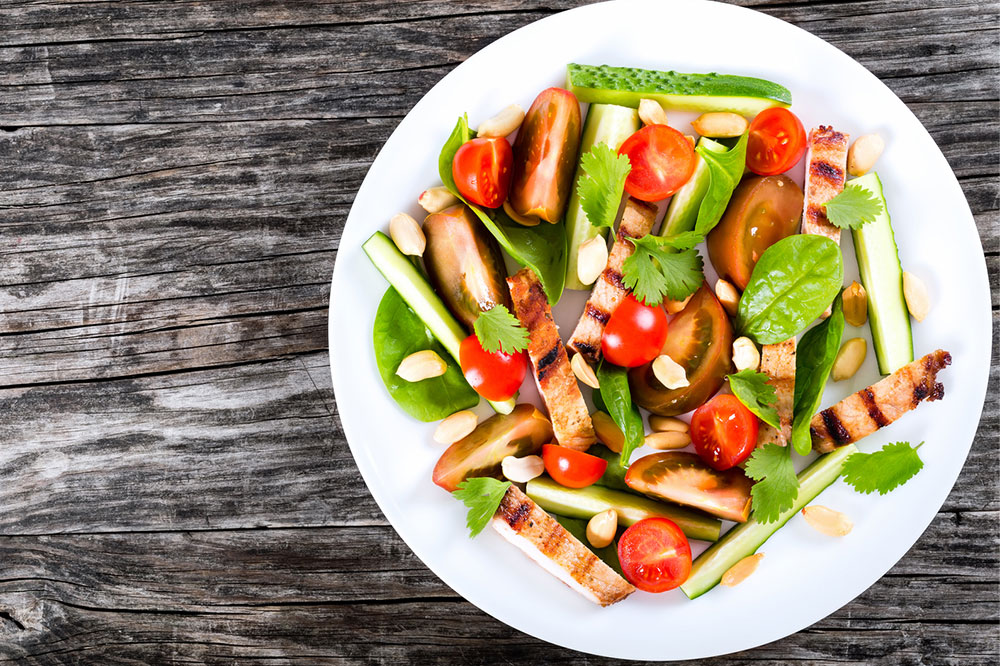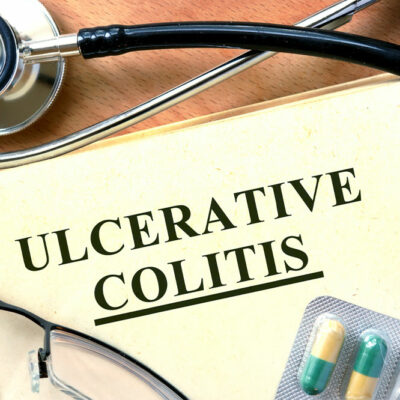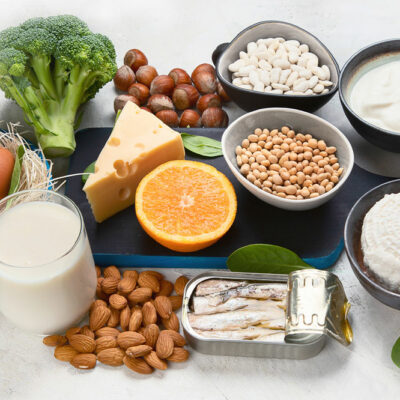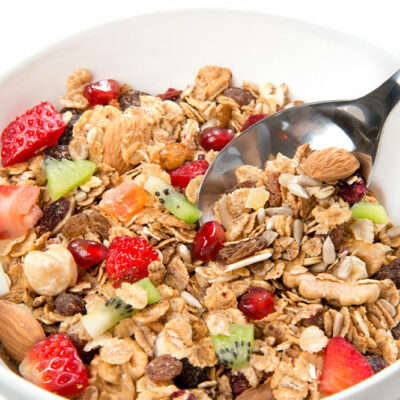
How to Manage Nutrition for Colon Cancer
The cancerous development that begins in the colon or large intestine is known as colon cancer. It is usually found among adults, but it can occur at any age. The symptoms of colon cancer typically begin as small, noncancerous clumps. These are known as polyps that form on the inside of your colon. Colon cancer is treatable; doctors usually prescribe surgery, radiation therapy, and medication treatments, such as chemotherapy, targeted therapy, and immunotherapy.
Food regime before and after treating colon cancer
Eating a healthful, nutritious diet is one of the best ways you can prepare for and recover from colon cancer treatments.
1. Nutritional needs during colon cancer
People with colon cancer or cancer generally have increased nutrient needs. This includes an increased need for total calories and protein. In addition, consuming a nutrient-dense diet helps support your health and keeps your immune system as strong as possible. It’s always important to work with your doctor or dietician to develop a dietary plan that works best for your specific health status and needs.
2. What to eat and drink before surgery
It always depends on the diet plan specifically shared by your doctor as well as a dietician. Based on your suggested diet plan, you can make necessary modifications as per your liking. In colon cancer or any other cancer-related diseases, health conditions vary from patient to patient. Hence, dietary specifications are unique. Some foods you can consume are fresh fruit and vegetables, omega-3 fatty acid-rich fish, baked chicken, buttered noodles, etc. It’s always recommended to drink only liquids 12 to 24 hours before surgery as it helps clean out your colon. Some of the recommended liquid diets include broth, clear fruit juice, gelatin, plain coffee, etc.
3. Post-treatment diet to help with recovery
After the treatment of colon cancer , you should continue to focus on good nutrition. This helps prevent the reoccurrence of symptoms and other related complications like heart disease, high blood pressure, and diabetes. Avoid processed foods, including red meat and foods that are rich in refined sugar and fats. Focus more on consuming a wholesome diet, including fruits, nuts, vegetables, whole grains, chicken, and fish. Drinking your regular cup of coffee may also help with recovery. As the side effects of your treatment start subsiding, you are free to begin your regular foods in normal quantities. However, make a point to consume a diet rich in healthy fats, protein, and fiber.
Drinking plenty of water is always helpful post-treatment. In addition to water, electrolytes are important too.


